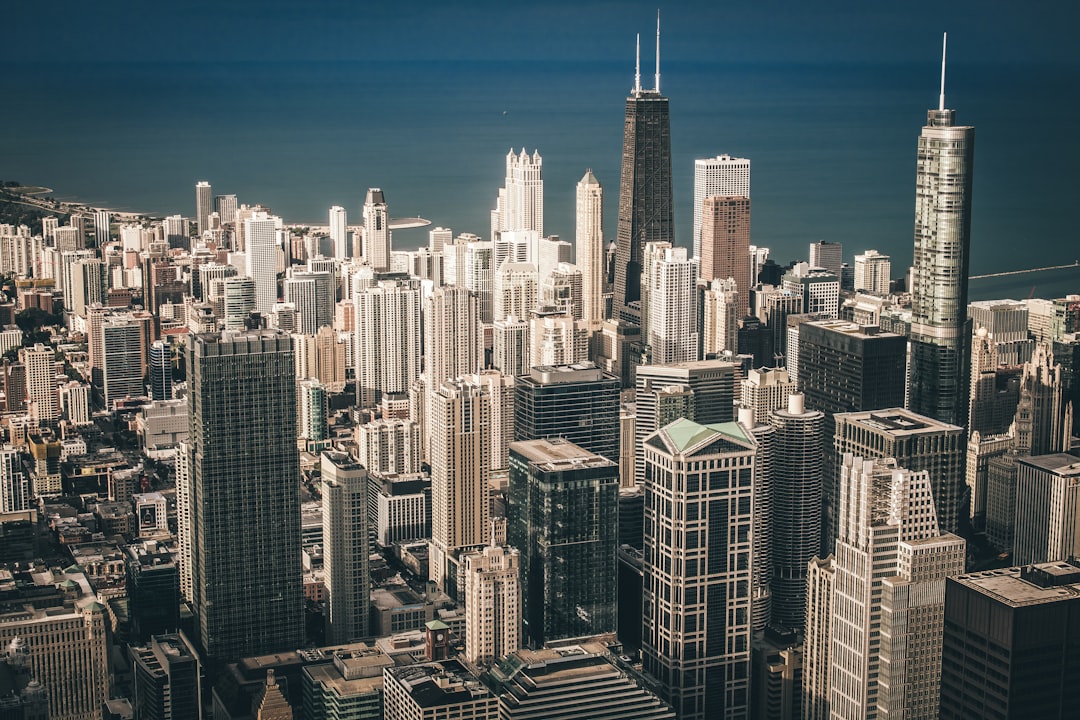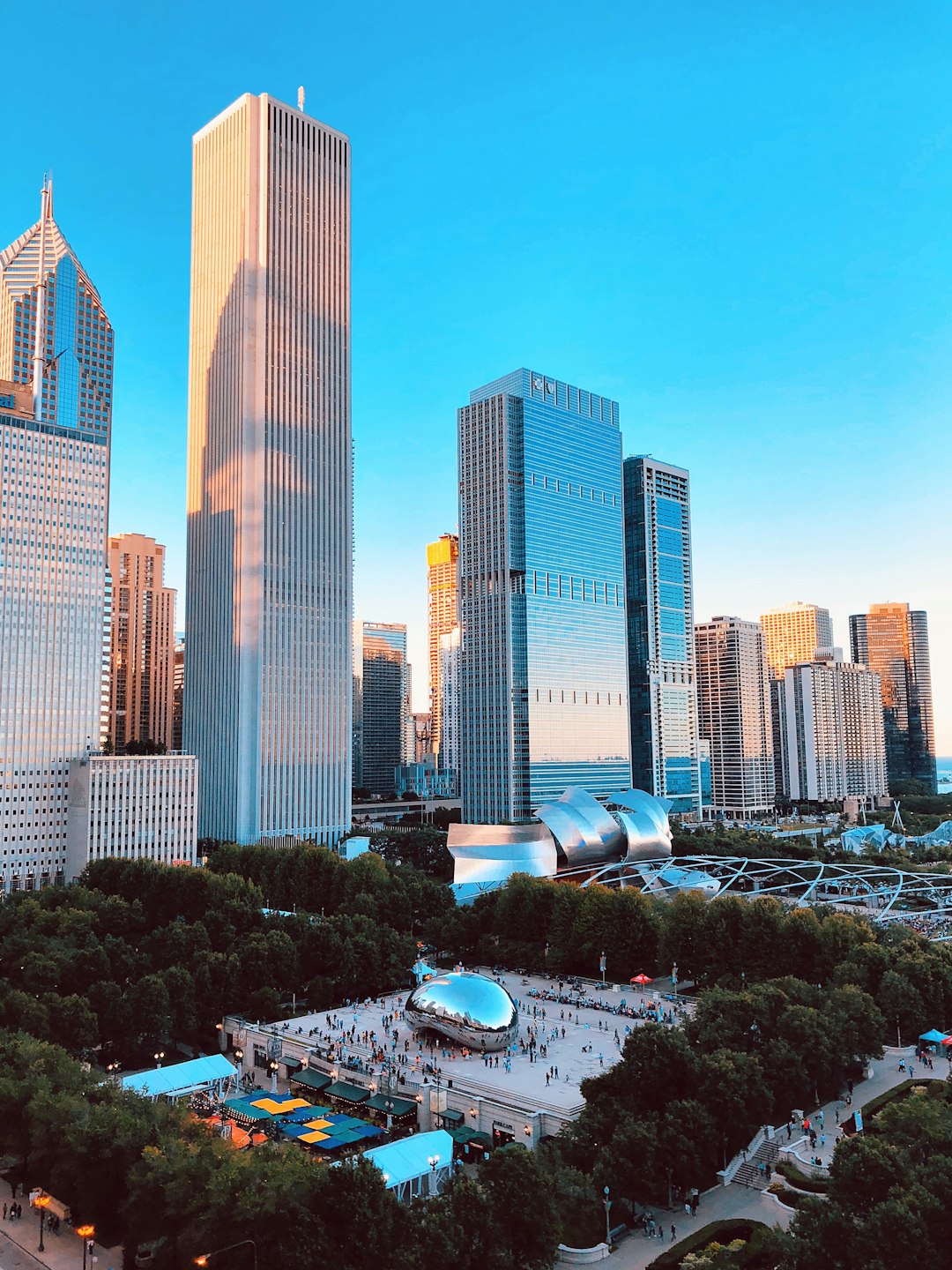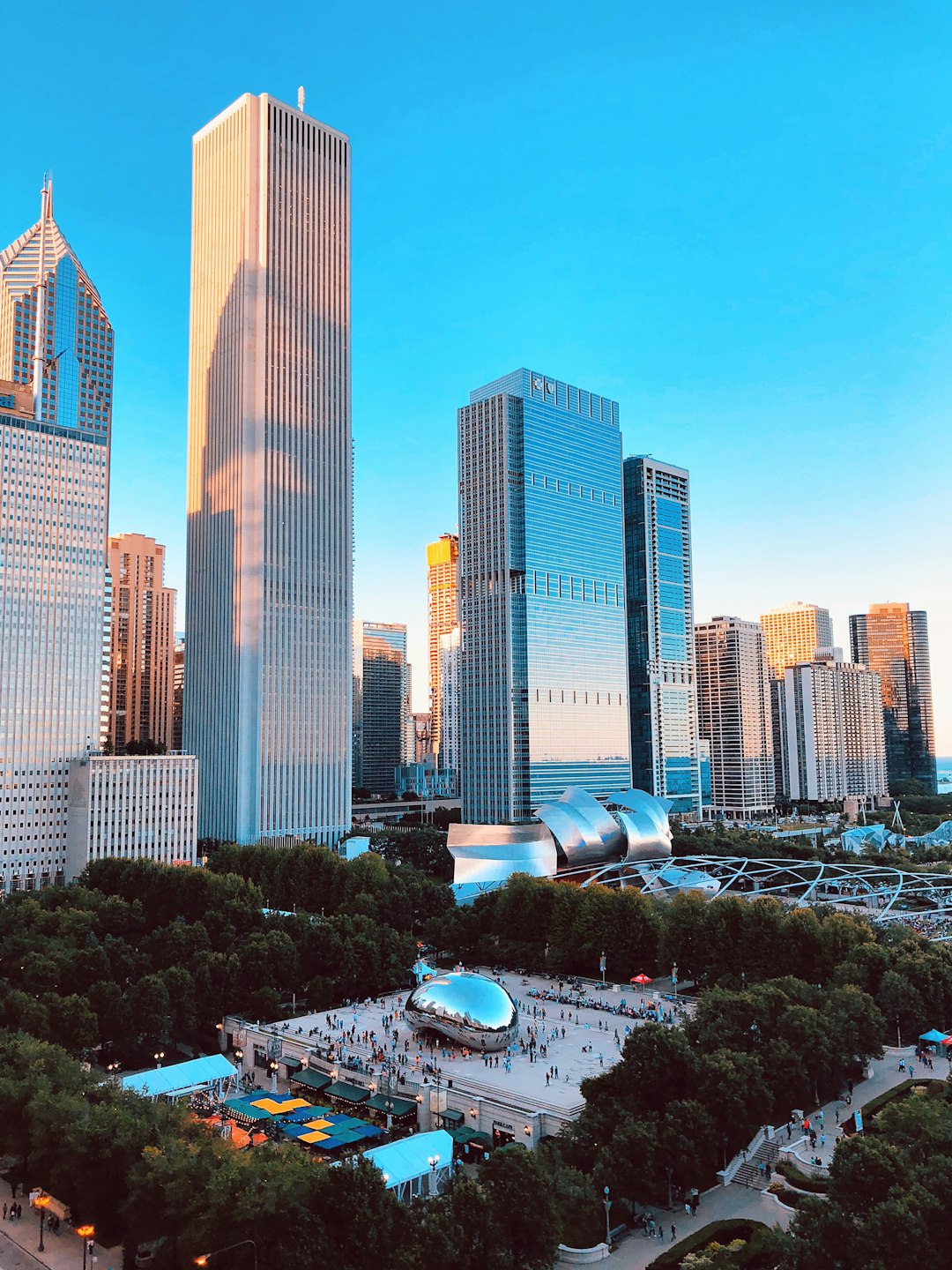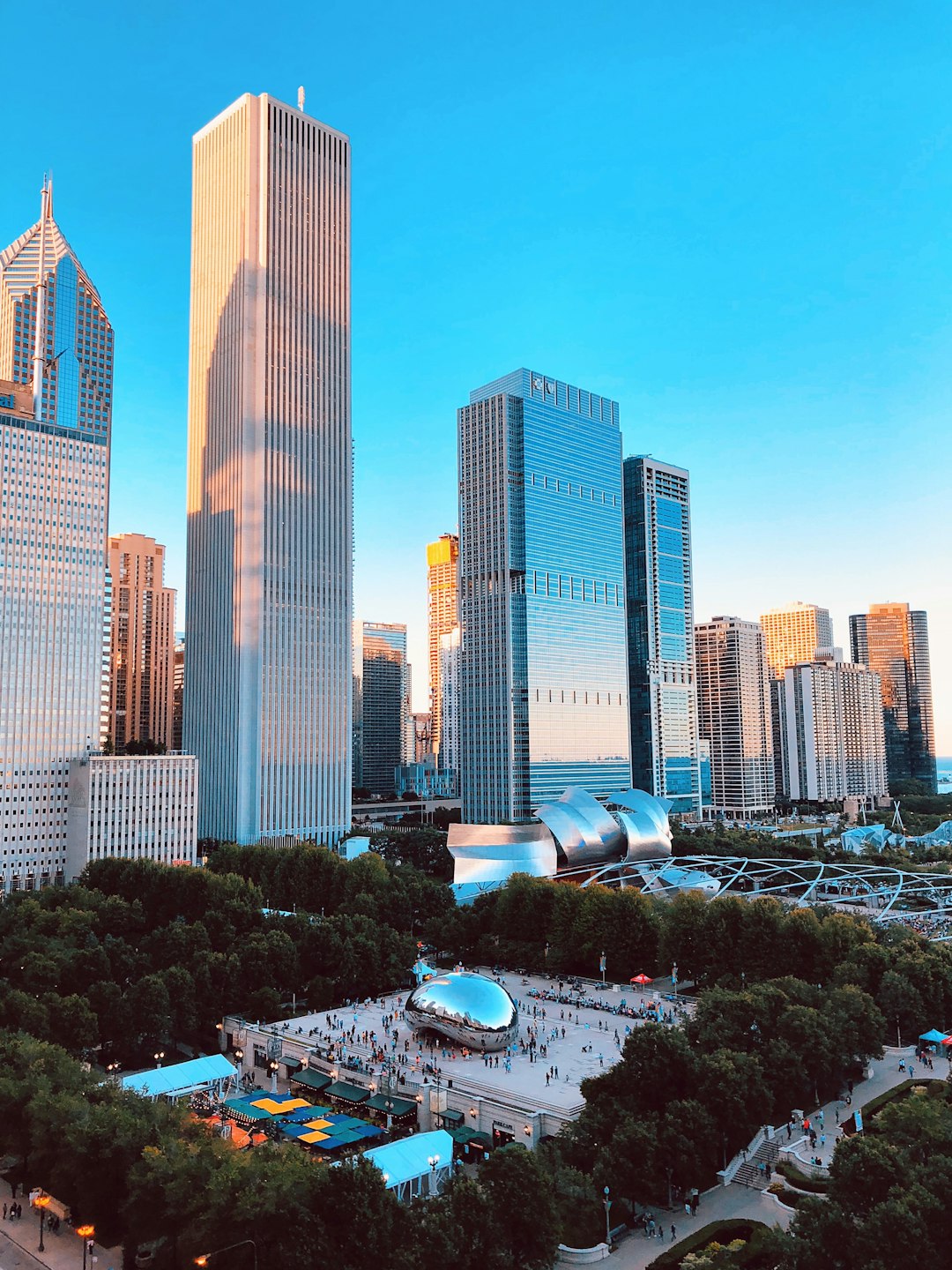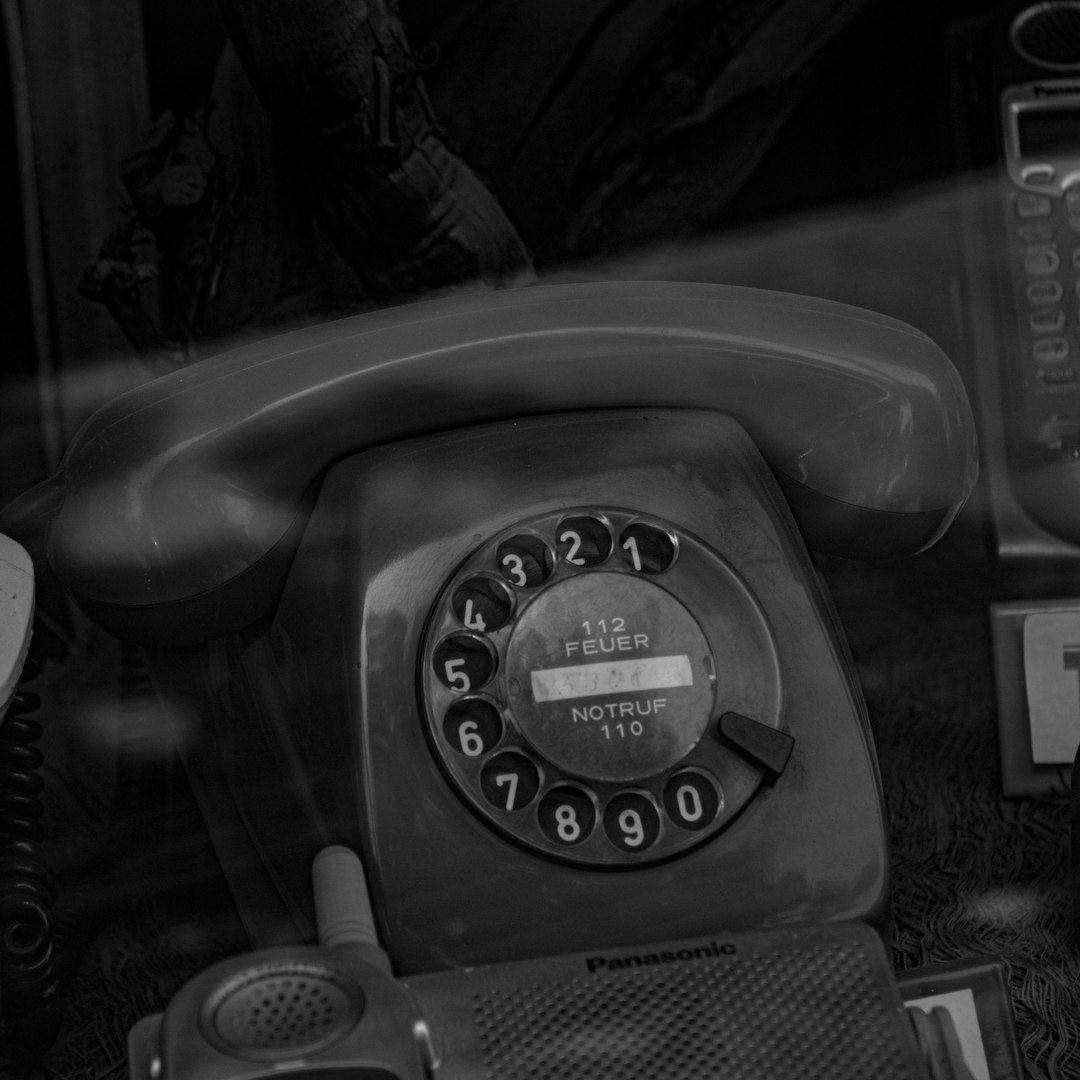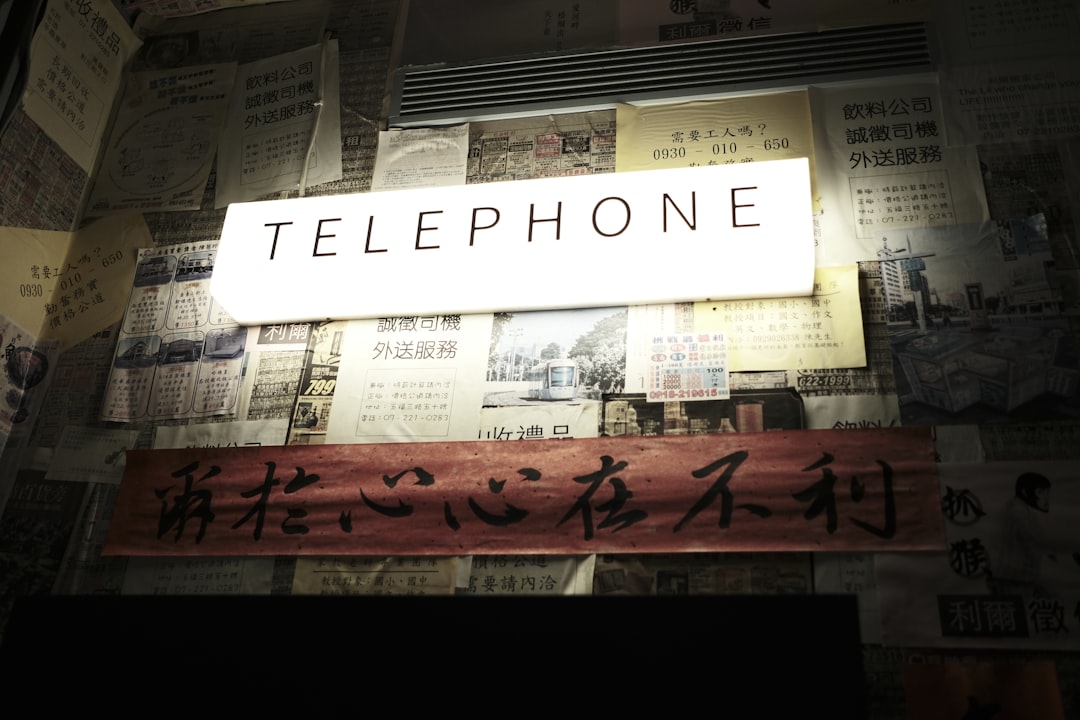Chicago residents are united against the onslaught of robocalls, a growing concern disrupting daily life and eroding trust in communication. Leveraging the Telephone Consumer Protection Act (TCPA), community action groups (CAGs) educate and empower locals to block spam calls through collaborative strategies and legal support from specialized law firms. By combining awareness, reporting, and TCPA enforcement, these efforts aim to significantly reduce robocalls, with success stories emerging nationwide. Individuals can protect themselves by registering on the National Do Not Call Registry, staying informed about local TCPA regulations, and engaging Chicago's spam call lawyers for assistance in combating relentless automated calls.
In the bustling metropolis of Chicago, community action groups are emerging as vital assets in the ongoing battle against intrusive robocalls. This pervasive issue has sparked a movement among local leaders who are implementing innovative strategies to mitigate their impact. With an estimated 50 billion spam calls flooding American phones annually, understanding and leveraging community power is more crucial than ever. This article explores how Chicago’s grassroots efforts can help reduce robocalls, offering insights into effective tactics, legal aspects, and practical steps for residents to reclaim their peace of mind, including valuable information from local spam call law firms in Chicago.
Understanding the Impact of Robocalls in Chicago Communities
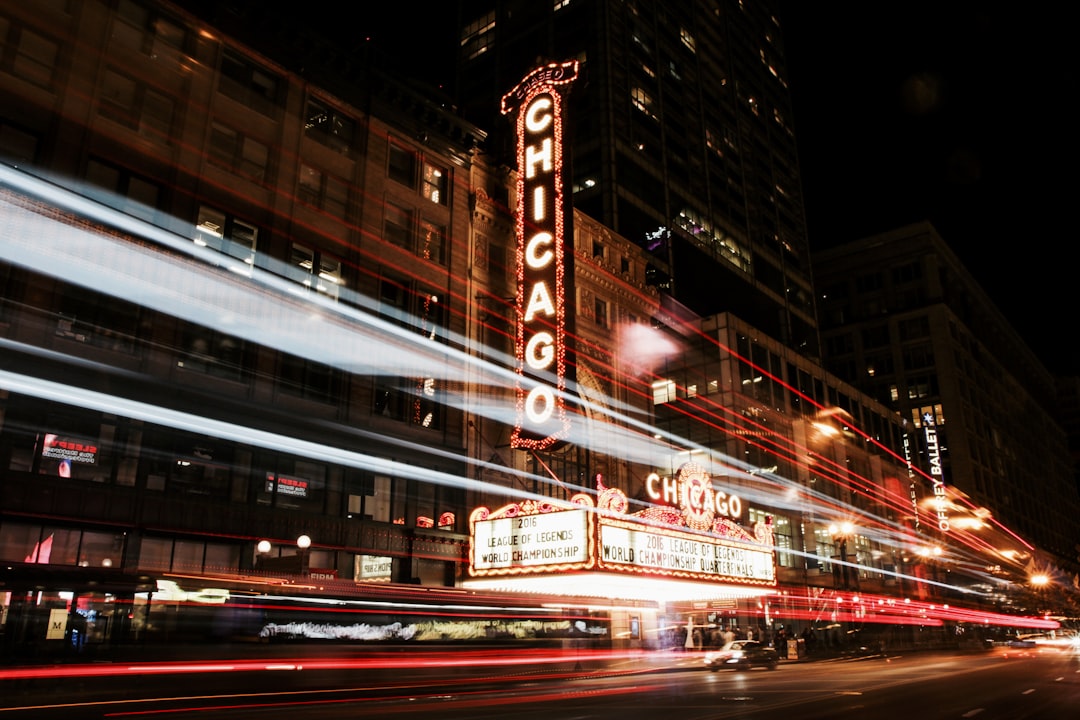
In Chicago communities, the influx of robocalls has become a pressing concern among residents. These unwanted automated phone calls, often disguised as legitimate marketing or informational messages, have led to widespread frustration and annoyance. According to local leaders, the impact is significant, with many seniors and low-income households feeling particularly vulnerable. The constant deluge of spam calls not only disrupts daily life but also creates a sense of distrust in communication channels.
The problem extends beyond individual inconvenience; it has economic implications as well. Local businesses report that robocalls can negatively affect customer relationships, leading to decreased sales and service engagement. To combat this issue, community action groups in Chicago are joining forces with residents and legal experts specializing in the Telephone Consumer Protection Act (TCPA). By raising awareness about spam call laws and available legal recourse, these groups aim to empower Chicagoans to take action and protect their privacy, ultimately reducing the frequency of robocalls in the city.
The Role of Community Action Groups: Strategies and Success Stories
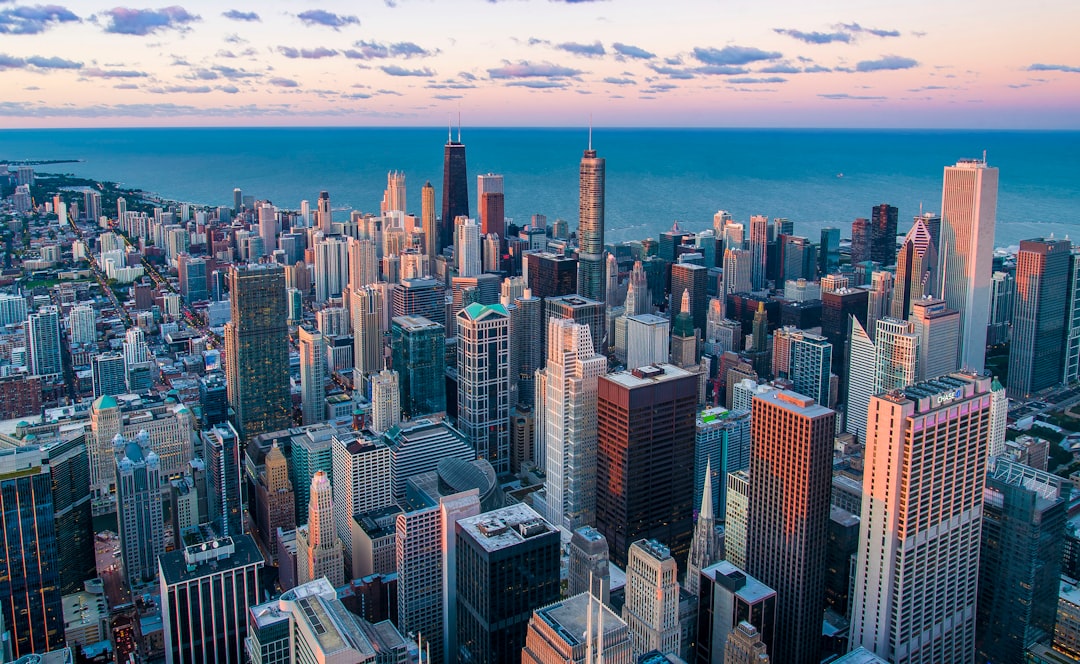
Community Action Groups (CAGs) play a pivotal role in combating the deluge of robocalls plaguing Americans, including folks in Chicago. These grassroots organizations empower locals to take collective action against spam calls, leveraging collaborative strategies for significant impact. Members often employ techniques like sharing information about call patterns, blocking numbers, and reporting suspicious activity to relevant authorities. By fostering a sense of community and shared purpose, CAGs create a powerful force against robocallers.
One successful approach involves educating community members on the Telemarketing and Consumer Protection Act (TCPA) and related spam call laws. Many CAGs organize workshops and awareness campaigns, empowering residents to become more discerning about incoming calls. They also collaborate with local law firms specializing in TCPA litigation, providing legal support and representation when necessary. These partnerships have led to notable successes, including settlements that compensate victims and deter malicious robocallers. Such collaborative efforts highlight the potential of CAGs to not only reduce spam calls but also create a more robust legal and community-driven ecosystem around privacy protection in Chicago and beyond.
Legal Aspects: Spam Call Laws and Their Effectiveness in Chicago
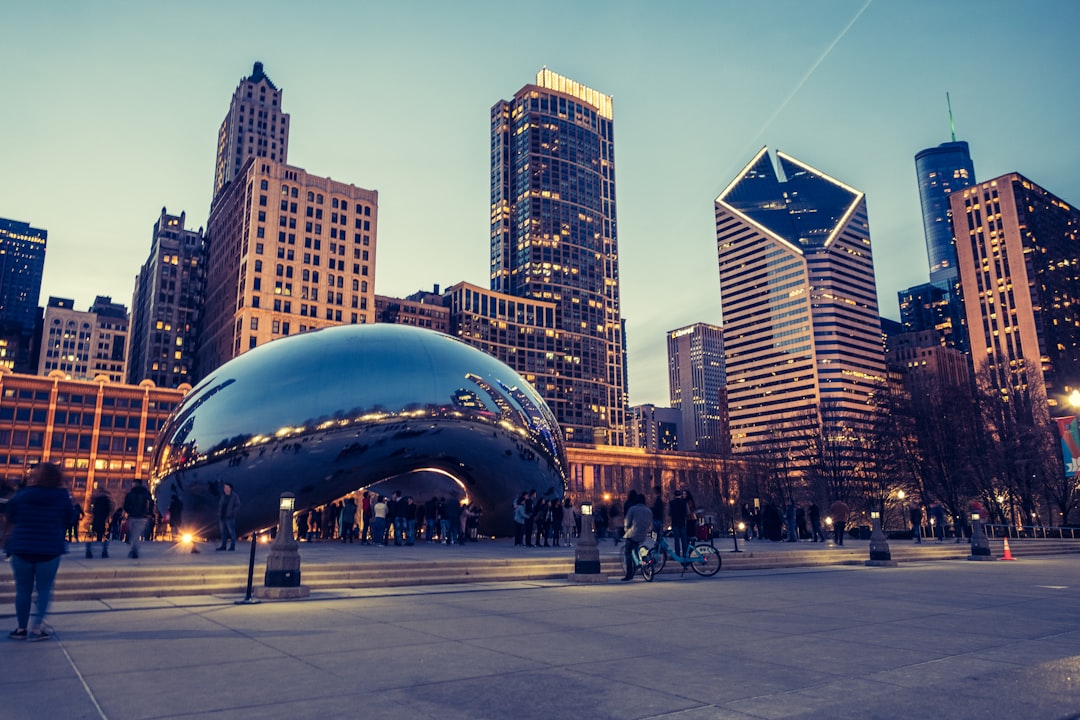
In Chicago and across the nation, combating robocalls has become a pressing issue, prompting many to seek solutions through community action groups. The Telephone Consumer Protection Act (TCPA) is a key piece of legislation designed to curb excessive and unwanted calls, often referred to as spam calls. This law firm in Chicago specializing in spam call cases plays a crucial role in protecting residents from such intrusion. By enforcing the TCPA, these lawyers help individuals understand their rights and provide guidance on how to stop spam calls effectively.
The effectiveness of these laws lies in their ability to hold callers accountable for each violation. Fines can be substantial, serving as a deterrent for spammers. However, staying informed about one’s rights is essential. Community groups can play a vital role in raising awareness about the Spam Call law and providing resources to help residents navigate this complex legal landscape. Understanding the existing laws, such as those in Chicago, is the first step towards reclaiming control over one’s phone lines from relentless spam calls.
Practical Steps to Reduce Robocalls: A Call to Action for Chicago Residents

Chicago residents can take several practical steps to reduce robocalls and protect themselves from spam calls. Firstly, consider registering your number on the National Do Not Call Registry, a federal database that restricts telemarketers from calling registered numbers. This is a straightforward yet effective measure to curb unwanted calls.
Additionally, staying informed about local laws is essential. Chicago has its own version of the Telephone Consumer Protection Act (TCPA) regulations, which provide additional protections against spam calls. Engaging with local law firms specializing in TCPA cases can offer guidance and support if you encounter persistent or illegal robocalls. Residents are encouraged to report excessive spam calls to these lawyers, who can help enforce the law and reduce the volume of unwanted calls in the city.
